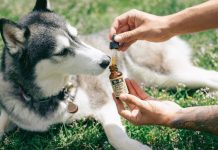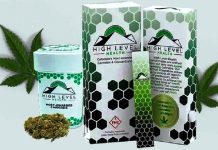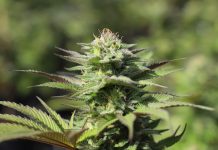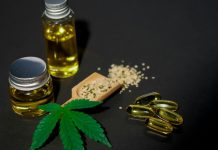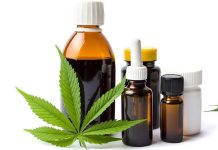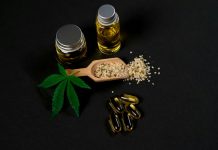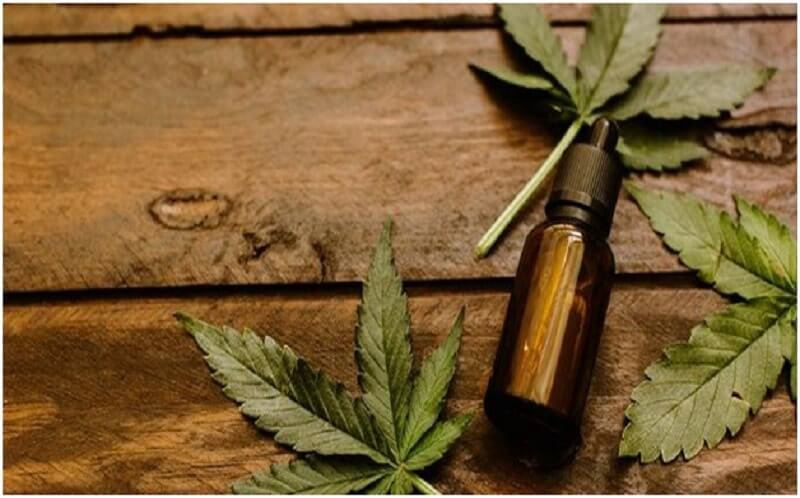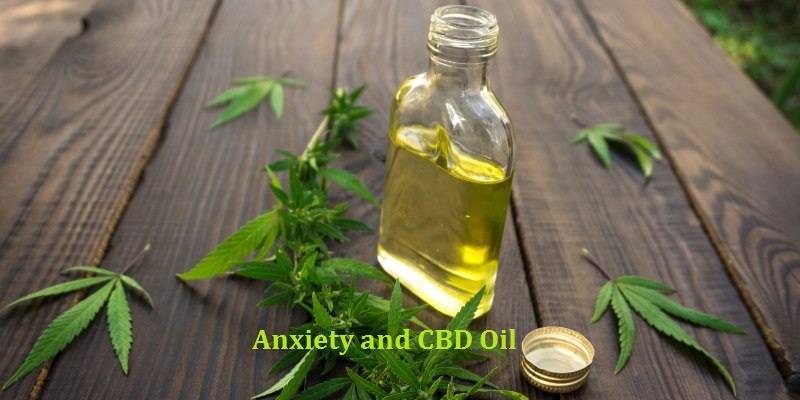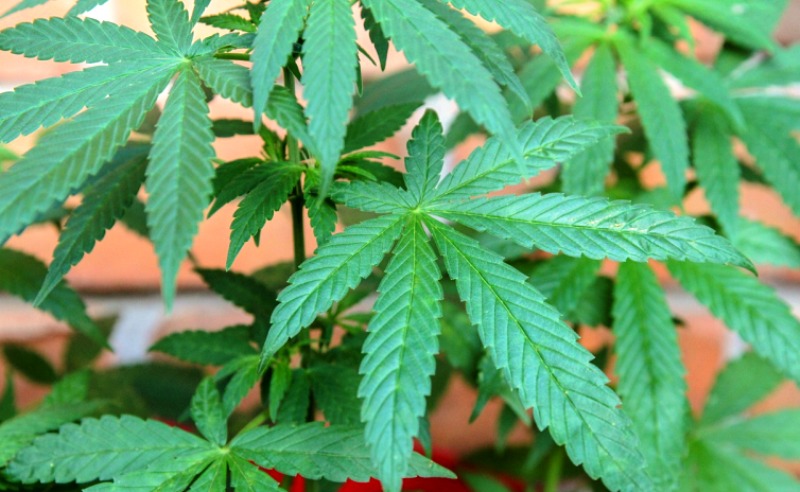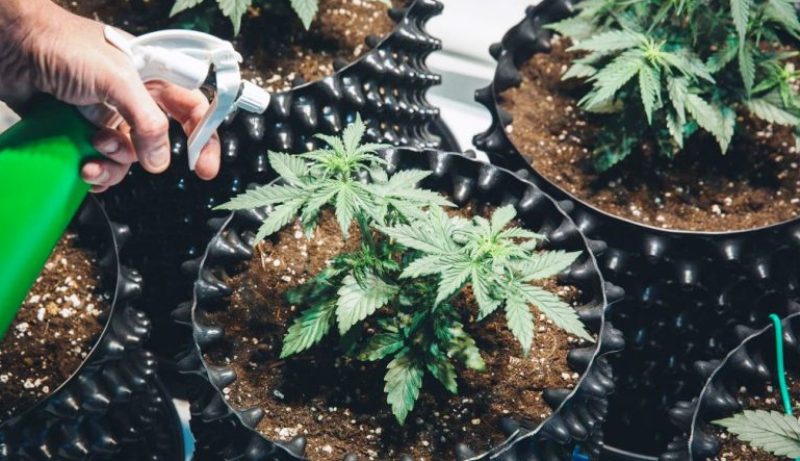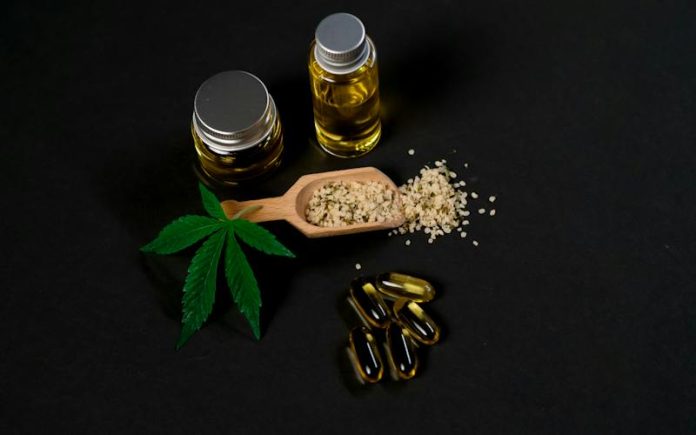The hemp plant, also called hemp seeds or hemp seed oil, is linked to the cannabis plant, which is used to produce the illegal drug marijuana. But unlike marijuana, hemp contains almost no tetrahydrocannabinol, the euphoric component of the cannabis plant (THC). Although hemp does not contain the psychoactive compound tetrahydrocannabinol (THC), it does contain the cannabinoid (CBD), which has shown promise in treating epilepsy and anxiety. Here are the Benefits of plant supplements like hemp oil for wellbeing.
Hemp is being used as a remedy for a growing number of conditions, from stress to skin problems. Even though further study is needed, preliminary results suggest it may have characteristics that lead to lower risks of diseases including Alzheimer’s and cardiovascular disease. Hemp oil may also help reduce systemic inflammation.
In addition to providing essential minerals, the vast majority of these nutrients also promote overall health. It’s worth noting that the recommended daily iron intake is only 10%, but that just one serving of hemp seeds delivers 20% of that amount. Iron deficiency, often known as anaemia, can be avoided with this measure.
The health benefits of hemp oil may exist.
Hemp seed oil has been used for centuries as a remedy for a wide range of conditions. Some studies have shown that the nutrients and minerals it contains can aid in reducing inflammation and enhance skin and heart health. Here is a deeper dive into what the research says about the potential health benefits of hemp oil:
Better Heart and Blood Vessel Health
To be specific, arginine, an essential amino acid, can be found in hempseed oil. Consumption of this component has been shown in a number of studies to promote cardiovascular health. Consuming arginine-rich foods may reduce one’s risk of acquiring cardiovascular disease. [Insert citation here]
Seizures Decrease
Cannabidiol (CBD), which is present in hemp oil, has been shown in studies to reduce the number and severity of seizures in children with rare forms of epilepsy that are resistant to standard treatments. Dravet syndrome and Lennox-Gastaut syndrome are examples of such kinds of epilepsy. Individuals with tuberous sclerosis complex, a disorder that increases the risk of tumours in numerous parts of the body, may discover that the frequency of their seizures lessens when they take CBD on a regular basis.
Safer for the Skin
Hemp oil, applied topically, has been shown to be effective against a range of skin problems, including eczema, psoriasis, and dermatitis. Although preliminary evidence suggests that hemp oil may be helpful in treating acne, more study is warranted to confirm these preliminary findings. Research has shown that hemp seed oil, which is high in “healthy” polyunsaturated fats, can alleviate the symptoms of atopic dermatitis, better known as eczema. The oil’s composition, which includes polyunsaturated fats, has been blamed for this effect.
Concerns Regarding Hemp Oil
Both hemp and marijuana come from the cannabis plant, however, hemp contains almost no THC, the hallucinogenic component in marijuana. Hemp consumption in the United States is not only legal but also produces no inebriation or impairment.
A few things need to be understood before you begin ingesting hemp oil. Hemp seed oil has no known adverse effects when either orally or used topically. The following are some of the risks that could occur from using hemp oil:
A Skin Irritation
Some people who use CBD topical oils report skin irritation, which may be due to an allergy. Start with a small amount and pay attention to your skin’s reaction and any changes that may occur.
Problems Digesting
Some people experience gastrointestinal upset and diarrhoea after ingesting oils containing cannabidiol (CBD), such as hemp oil. You should introduce hemp oil into your diet gradually at first, as its effects may vary from person to person. It’s probable that various individuals will react in various ways.
Cannabidiol oil is taken orally.
Alternatively, you can take hemp oil internally to reap the same benefits for your skin as when you use it topically, as well as other health advantages. When used orally, hemp oil lessens the possibility of gastrointestinal distress as well as skin irritation and acne.
If you’re considering taking hemp oil, it’s best to first consult with your family doctor.
One to two tablespoons, taken all at once or divided into two servings, is the recommended daily dose if taken orally.
If you don’t like the taste of hemp oil or don’t want to take it directly, you can use it in a number of other recipes. For example, you can incorporate it into blended drinks, salad dressings, or soups. It could also be useful in the kitchen.
The most important lesson
Hempseed oil has several benefits for skin health, and many people can reap those benefits either by ingesting the oil or by using it topically.
Conclusion
Hemp oil is believed to be safe for most people to take, and it also has the ability to help hydrate the skin internally.


